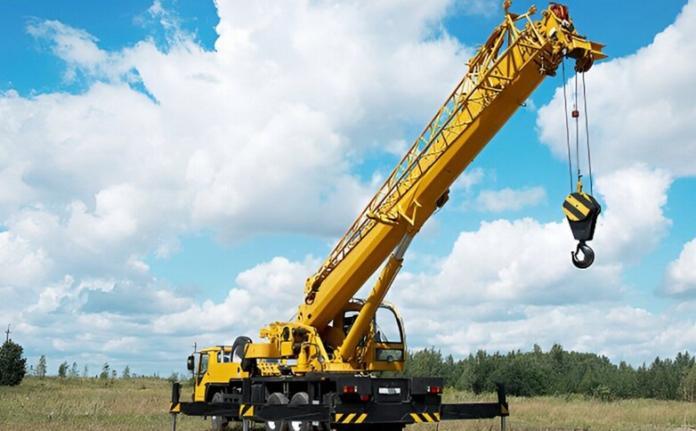The rise of autonomous trucks brings new challenges to the legal landscape, particularly when it comes to highway accidents. Steve Mehr, co-founding partner of Sweet James Accident Attorneys, emphasizes that as autonomous technology continues to develop, understanding the legal implications of accidents involving self-driving trucks is crucial. Determining liability and adapting personal injury law to address these technological advances will shape the future of highway safety and compensation.
Liability in Autonomous Truck Accidents
When an autonomous truck is involved in a highway accident, the traditional model of determining liability becomes much more complicated. In a typical vehicle accident, the driver is often the primary responsible party. However, with autonomous trucks, several entities could be liable:
- The trucking company operating the vehicle
- The manufacturer of the truck’s autonomous system
- The software developers behind the AI technology
- Any third-party service providers involved in the vehicle’s maintenance or operation
Determining fault in these cases requires a thorough understanding of the truck’s level of autonomy, the role of human oversight, and whether the technology was operating as intended at the time of the accident.
Human Involvement and Legal Implications
Despite the automation in self-driving trucks, most systems still require some level of human involvement, especially in complex driving environments. The transition between human and AI control can be a gray area, legally speaking. If a human driver was expected to intervene but failed to do so, questions arise regarding the extent of responsibility between the driver and the AI system.
Steve Mehr of Sweet James mentions that “Self-driving cars are often viewed as the next major advance in transportation because of their potential to improve safety and convenience. But what’s frequently overlooked are the legal challenges when these cars are involved in accidents.” These challenges apply similarly to autonomous trucks, where pinpointing responsibility can be difficult when both human oversight and AI systems are in play.
Regulatory Gaps and Evolving Laws
The legal framework for autonomous trucks is still evolving. Current traffic laws and safety regulations were designed with human drivers in mind, and many of these laws do not yet account for the unique capabilities and limitations of autonomous vehicles. This creates regulatory gaps that make it difficult to assign blame for accidents involving autonomous trucks.
One of the main challenges is the lack of federal guidelines specific to self-driving trucks. While certain states have passed laws regulating autonomous vehicles, these regulations vary widely. Inconsistencies in legal standards across different states complicate matters when an autonomous truck is involved in an accident that crosses state lines. This issue highlights the need for a more standardized approach to the legal treatment of autonomous trucks on the nation’s highways.
Impact on Personal Injury Law
As autonomous trucks become more prevalent, personal injury law will need to adapt to the new risks and liabilities they present. Personal injury claims arising from accidents involving autonomous trucks may shift from focusing on driver negligence to scrutinizing the technology behind the vehicle. Lawyers handling these cases must be prepared to navigate complex technical data, including software algorithms, sensor performance, and system updates.
Furthermore, insurance companies will need to reconsider how they approach coverage for autonomous trucks. Traditional policies that focus on driver behavior may not fully account for the risks associated with autonomous technology. This could lead to new types of insurance coverage specifically designed for self-driving trucks, which would influence how personal injury claims are handled.
Autonomous trucks are poised to change the landscape of highway transportation, but with these advancements come significant legal challenges. The complexities of determining liability in accidents involving self-driving trucks, the evolving role of human oversight, and the gaps in current regulations all contribute to a rapidly shifting legal environment. As these vehicles become more common on the roads, personal injury law must adapt to address the unique issues posed by autonomous technology, ensuring that victims of highway accidents continue to receive fair compensation.
You may also like to read,







